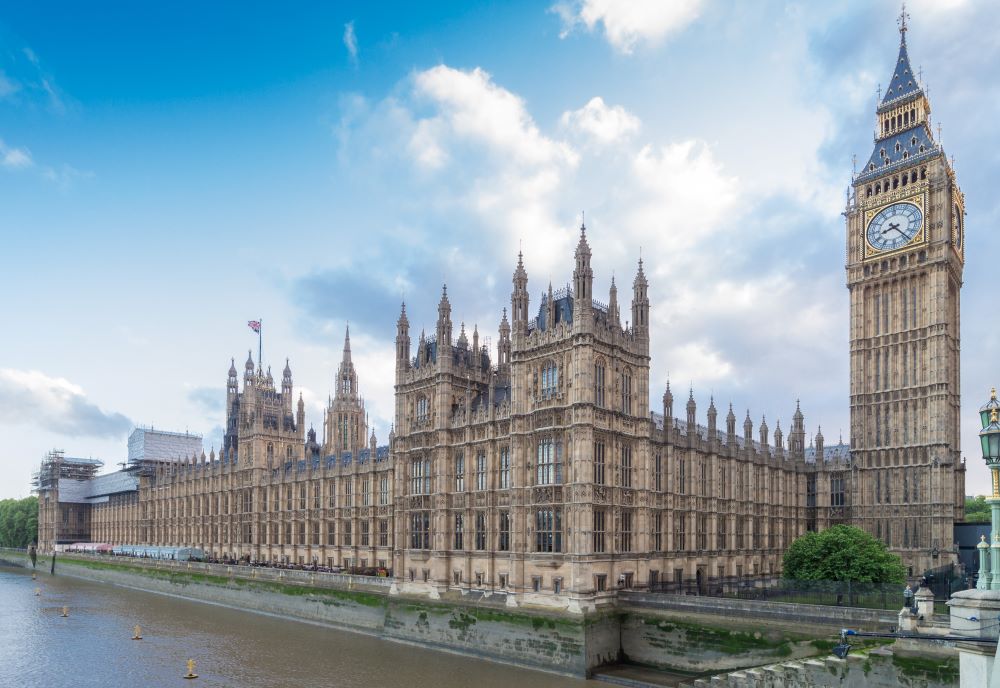
An impact assessment of the government’s Brexit freedoms bill has labelled it as “not fit for purpose”.
The bill is intended to purge hundreds of EU laws from the British statute book by 2023, but ministers were accused of failing to carry out a thorough assessment of the impact on small businesses.
Under the Retained EU law (revocation and reform) Bill, several thousand EU laws could automatically expire at the end of next year, reports the FT.
‘Weak’ assessment
The Regulatory Policy Committee report issued a ‘red’ warning over the way the Department of Business Energy and Industrial Strategy (BEIS) assessed the cost to business of the regulatory overhaul, labelling other aspects such as monitoring and evaluation as “very weak”.
It said: “The department has not sufficiently considered, or sought to quantify, the full impacts of the bill. In addition, the impact assessment does not include a consideration of the impact on small and micro businesses consistent with better regulation.”
A spokesman for BEIS said the RPC’s verdict was “disappointing”, adding that the government was committed to pushing ahead with the bill.
Deadline delayed?
Grant Shapps, the new business secretary, is said to want to shelve the 2023 “sunset clause” deadline and is keen to adopt “a more sane pace” according to allies.
The Trades Union Congress has called the bill “reckless”, with Frances O’Grady, TUC general secretary saying it was “a ticking time bomb under hard-won workers’ rights”.
According to the Guardian, the government will face attempts to delay the removal of up to 4,000 EU laws, as opposition parties plan to table dozens of amendments next week.
The SNP is planning to table about 50 amendments, including extending the deadline for deletion to 2026 – a move that is backed by some Tory backbenchers.
Labour is also planning a series of amendments covering key workers’ rights around health and safety law, annual leave and maternity rights, as well as some environmental laws.
‘Self sabotage’
Scottish Greens have said the bill should be scrapped and individual laws prioritised for reform, reports the National.
Mark Ruskell labelled the UK Government bill an “act of self-sabotage” and warned about the unprecedented power it would give to Tory ministers.
“There are so many protections and rights that we all rely on, which unless saved will fall off the cliff edge next year. From equal pay to nature protection, laws must be saved and retained. The bill should be scrapped and individual laws prioritised for reform,” he said.
Sunak backs Brexit
Prime minister Rishi Sunak has moved to dampen concerns from some in his party that the UK will pursue any post-Brexit relationship with the EU “that relies on alignment with EU laws”, reports the BBC.
Following weekend reports that Britain would seek a Swiss-style deal with the EU, Sunak told the CBI conference that control of migration was one of the immediate benefits of Brexit.
“I voted for Brexit, I believe in Brexit,” he said.
“I know that Brexit can deliver, and is already delivering, enormous benefits and opportunities for the country,” he added.
According to the Guardian, Sunak has already looked to abandon his promise to remove unwanted EU laws within 100 days of assuming office.
Solvency II update
Meanwhile, the chancellor Jeremy Hunt’s budget has laid out the Treasury position on Solvency II reforms, reports Insurance Times.
Hunt said the reforms would “unlock tens of billions of pounds of investment for our growth enhancing industries”.
The plans will lower the amount of assets that insurers must hold from 100% of their loss liabilities to 70%.
Commenting on the announcement, EY partner and EMEIA capital leader, Loic Bellettre, said: “The Chancellor’s announcement today that HMT will legislate on final Solvency II reforms should help provide much-needed certainty to the insurance industry.”
